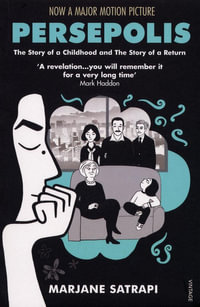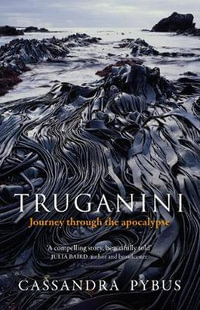The “superb” (The Guardian) biography of an American who stood against all the forces of Gilded Age America to fight for civil rights and economic freedom: Supreme Court Justice John Marshall Harlan.
They say that history is written by the victors. But not in the case of the most famous dissenter on the Supreme Court. Almost a century after his death, John Marshall Harlan’s words helped end segregation and gave us our civil rights and our modern economic freedom.
But his legacy would not have been possible without the courage of Robert Harlan, a slave who John’s father raised like a son in the same household. After the Civil War, Robert emerges as a political leader. With Black people holding power in the Republican Party, it is Robert who helps John land his appointment to the Supreme Court.
At first, John is awed by his fellow justices, but the country is changing. Northern whites are prepared to take away black rights to appease the South. Giant trusts are monopolizing entire industries. Against this onslaught, the Supreme Court seemed all too willing to strip away civil rights and invalidate labor protections. So as case after case comes before the court, challenging his core values, John makes a fateful decision: He breaks with his colleagues in fundamental ways, becoming the nation’s prime defender of the rights of Black people, immigrant laborers, and people in distant lands occupied by the US.
Harlan’s dissents, particularly in Plessy v. Ferguson, were widely read and a source of hope for decades. Thurgood Marshall called Harlan’s Plessy dissent his “Bible”—and his legal roadmap to overturning segregation. In the end, Harlan’s words built the foundations for the legal revolutions of the New Deal and Civil Rights eras.
Spanning from the Civil War to the Civil Rights movement and beyond, The Great Dissenter is a “magnificent” (Douglas Brinkley) and “thoroughly researched” (The New York Times) rendering of the American legal system’s most significant failures and most inspiring successes.
Industry Reviews
Named one of the Best Nonfiction Books of the Year by Publishers Weekly
"Solidly accessible and thoroughly researched, it makes a persuasive case for Harlan’s significance and sometimes reads like a mystery." — The New York Times
"[A] superb biography...Canellos writes with fluency, sensitivity and clarity about complex legal arguments....June is the traditional month for major supreme court decisions. One hopes for the moral courage, clarity of thought and practical vision of John Marshall Harlan." — Guardian
"One of the most captivating judicial biographies I have read. This is partially due to Canellos' skill as a writer. He displays the journalist's ability to identify and capture a good story, and the talent to turn a phrase. But the thing that makes this book exceptional is how Canellos turns the subject of John Marshall Harlan into a poignant story of time and place in American history.” — The Journal of Supreme Court History
"If the power of one’s dissents are the measure of a justice’s greatness, then John Marshall Harlan, who served on the court between 1877 and 1911, deserves a much bigger tribute...[A] sympathetic and well-written new biography." — Christian Science Monitor
"Written in lively prose and enriched with colorful character sketches and a firm command of the legal issues involved, this is a masterful introduction to two fascinating figures in American history. " — Publishers Weekly (starred review)
"The riveting story of a courageous Kentucky lawyer who initiated significant challenges to anti–civil rights measures during an era of ubiquitous bigotry... An impressive work of deep research that moves smoothly along biographical as well as legal lines." — Kirkus Review (starred review)
"A meticulously researched and acutely analytical biography... Canellos offers a nuanced portrait." —Booklist

























